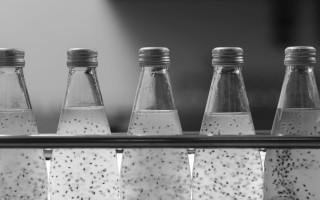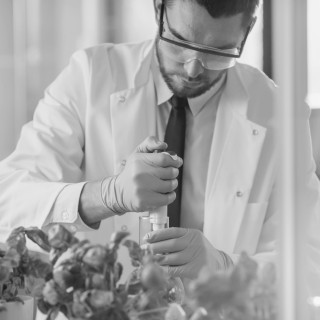
EU - The Legal Status and Compliance of Seaweed and Seaweed-Derived Compounds
European Union
Oct 24, 2024

Seaweed (or Macroalgae) can potentially provide many industries, e.g., foods including food supplements and food additives, feed and feed additives, cosmetics, fertilisers, as well as biofuels. However, before macroalgae production in Europe can be scaled up successfully and sustainably, there are still a lot of obstacles and knowledge gaps that need to be filled as well as potential drawbacks or scale-dependent consequences that need to be considered. Each type of macroalgae-based goods is dealt differently by the regulatory committee of European Union. Priorities with new items include product safety and customer protection. The EU novel food regulation covers macroalgae products that have never been consumed as food, and organic macroalgae fall under a specific regulatory category. The heavy metals could be a barrier for macroalgae-based diets, feeds, and fertilisers. It is difficult to have food products based on macroalgae approved for health claims. The macroalgae industry is significantly impacted by aspects of the general regulatory environment, such as agricultural/aquacultural subsidies, maritime spatial planning and aquaculture licensing, public procurement requirements, tax schemes, and trade agreements, in addition to the restrictions on products.
Author(s): Ahmed, L., Barry-Ryan, C.
Published in: Springer










